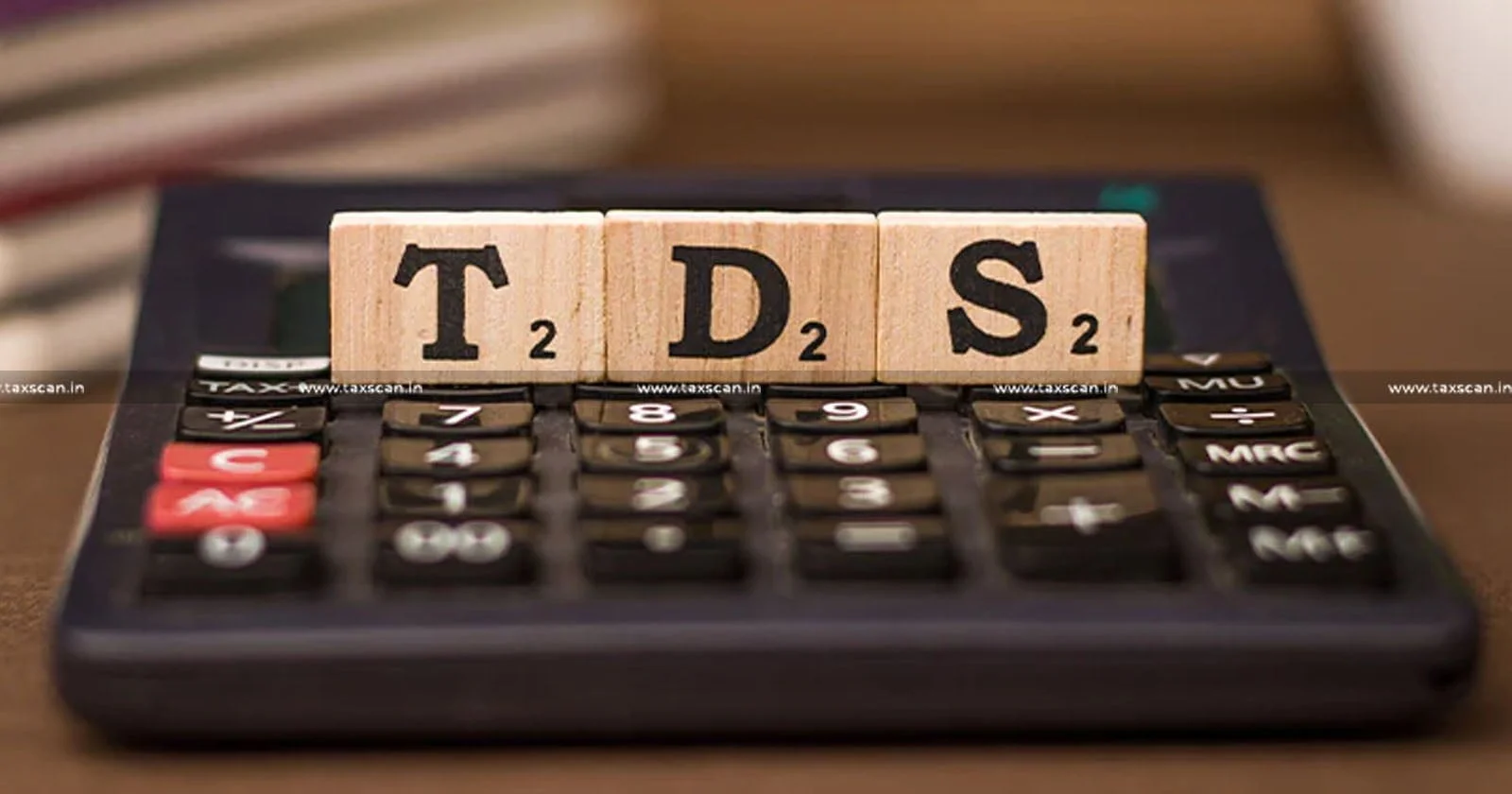Belated Deposit of TDS: Andhra Pradesh HC quashes Prosecution Proceedings as Assessee Paid Tax along with Late Payment Interest [Read Order]
The Court held that there are no tenable grounds to continue the proceedings against the petitioners, and quashed the same.

Andhra Pradesh High Court – tax deducted at source – TDS – prosecution proceedings – Deposit of TDS – tax updates – taxscan
Andhra Pradesh High Court – tax deducted at source – TDS – prosecution proceedings – Deposit of TDS – tax updates – taxscan
In a recent case, the Andhra Pradesh High Court has quashed the prosecution proceedings launched against the assessee for belatedly depositing tax deducted at source ( TDS ). The Court found that the assessee paid the tax along with late payment interest.
During the assessment years 2014–15, 2015–16, and 2016–17, the accused, M/s Aditya Institute Of Technology And Management had TDS on contract payments, but they were not credited into the Central Government's account within time.
The accused deducted amounts under Sections 192B, 194A, 194C, and 194J, on different dates, and they were deposited belatedly. Late payment interest for assessment years, respectively, has also been paid under Section 201(1)(a) of the Income Tax Act.
The accused contended that it is an educational institution, and cases have been lodged against the petitioners for violation of Section 276B. The petitioners deducted the tax at source but did not credit the amount to the credit of the government within time. The petitioners have mentioned in their explanation that the reason for this delay was due to the delay in fee reimbursement from the government of A.P., due to which remittance of the amount to the government is delayed. No offence has been made against the petitioners under Section 276B, and hence, the proceedings against the accused petitioners are liable to be quashed.
The department contended that the petitioners have to deduct the tax at source and that it has to be deposited with the government within the time frame. Though the petitioners deducted the tax at source, they failed to deposit the same, and the payment was made with interest. The show-cause notices have also been issued by the Commissioner of Income Tax, and in reply, the petitioners failed to establish a reasonable cause for the delay.
It was observed that the proceedings issued by the Commissioner of Income Tax under Section 279(1) of the Income Tax Act would show that, if the petitioners were able to establish a reasonable cause for failure to deposit the amount within the stipulated time, there could not be any criminal prosecution. Section 276-B is also included within the fold of Section 278 AA, which states that no person shall be liable for punishment for any failure to comply with Section 276B of the Income Tax Act if he is able to prove that he was prevented by a reasonable cause for such failure. Thus, reasonable cause is required to avoid prosecution.
The single bench of Justice Venkata Jyothirmai Pratapa has observed that CIT conveniently ignored the material placed by the assessee to establish that there was a reasonable cause for their failure to remit the amount within a stipulated time. Since the assessee has paid the tax along with late payment interest, there are no tenable grounds to continue the proceedings against the petitioners in all three cases, and hence, the proceedings are liable to be quashed.
Further viewed that the reason provided by the petitioner for the delay in remitting the amount to the Central Government is sufficient to constitute “reasonable cause” in view of Section 278AA of the Income Tax Act, and hence criminal prosecution against the petitioners is not warranted.
To Read the full text of the Order CLICK HERE
Support our journalism by subscribing to Taxscan premium. Follow us on Telegram for quick updates


